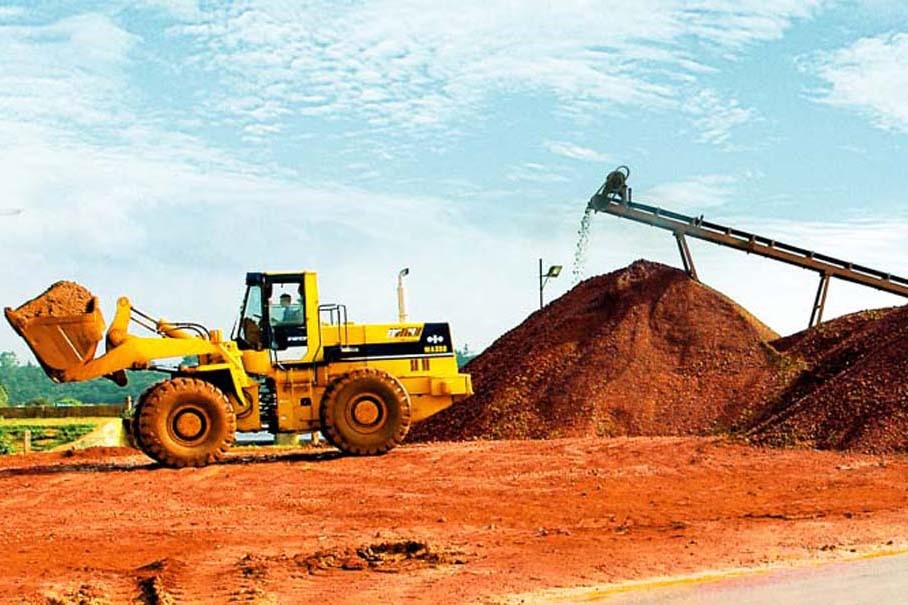

Nyinahin residents and the surrounding communities in the Ashanti region in South Ghana believe that bauxite mining in that area will cause serious harm to their lives and thus, reportedly expressed dissatisfaction with the government’s aluminium ore mining plans.

The residents claimed that the government neither engaged the leaders of the communities in any dialogue related to their plans nor did they communicate how the mining activity under the $2 billion Synohydro deal would benefit community members.
Research shows that bauxite mining at Nyinahin could last for over 150 to 300 years, which is significantly longer than at Atewa, where according to the research bauxite can be mined for 30 years. Also, the estimated impact of mining at the former place is likely to be less damaging than mining in Atewa forest reserve, which provides water for five million Ghanaians.
In an interview with Citi News, a Member of the Nyinahin Elders Association and the Odikro of Yawberema, Nana Boakye Ansah said, “We want to seat on a table with the government, produce papers for an agreement and send to Parliament so it can be a source of confidence between the people of Nyinahin and surrounding areas and the government of Ghana so that in the near future, even if we are dead, our children can have some benefit from the bauxite.”
In June 2017, the government had announced that an integrated aluminium industry would be established in Ghana, particularly in the Nyinahini enclave, by mining and refining its bauxite deposits.
Ghana's bauxite deposits in the refined form are expected to generate export value of over $350 billion.



Responses






